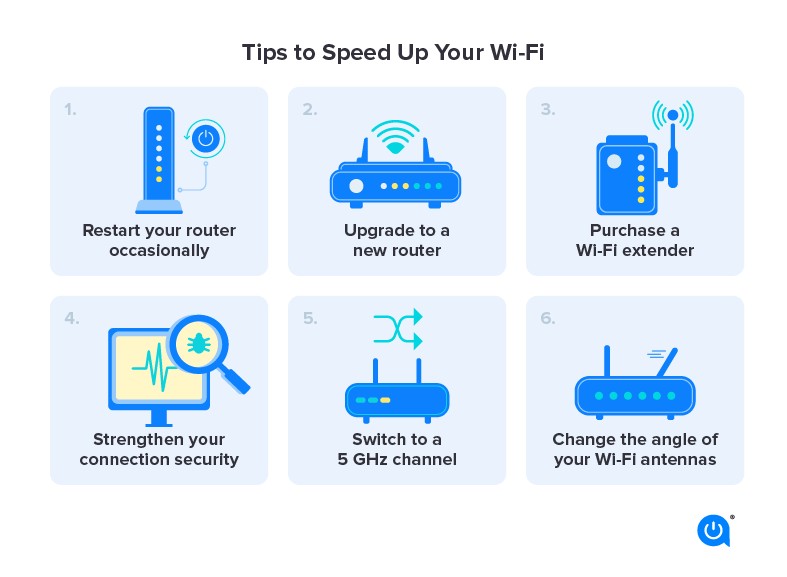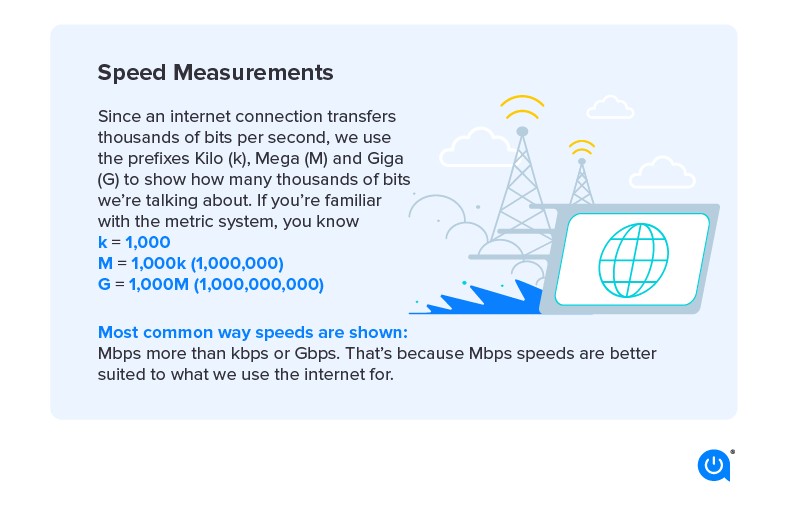Understanding How To Compare Internet Speeds is crucial for choosing the right internet plan for your needs. Whether you’re a gamer, a streamer, or just need a reliable connection for working from home, comparing internet speeds can feel overwhelming. This guide will break down the key factors to consider, ensuring you get the best speed for your budget.
Understanding Internet Speed Basics
Internet speed is measured in megabits per second (Mbps) and gigabits per second (Gbps). Mbps represents millions of bits transferred per second, while Gbps represents billions. The higher the number, the faster the speed. Download speed refers to how quickly you receive data from the internet, while upload speed is how fast you send data. Most online activities rely heavily on download speed.
Factors Affecting Internet Speed
Several factors can influence your actual internet speed. Connection type plays a significant role:
- Fiber optic internet: Offers the fastest and most reliable speeds, utilizing light to transmit data.
- Cable internet: Delivers high speeds using existing cable TV infrastructure.
- DSL internet: A slower option that uses existing phone lines.
- Satellite internet: Uses satellites to transmit data, often resulting in higher latency (delay).
- Fixed wireless internet: Provides internet access via radio waves, offering a faster alternative to DSL in some rural areas.
Other factors impacting speed include:
- Network congestion: More users on the same network can slow down speeds, especially during peak hours.
- Router location and quality: A poorly placed or outdated router can significantly hinder Wi-Fi performance.
- Device capabilities: Older devices may not be able to handle higher speeds.
- Internet activity: Bandwidth-intensive tasks like gaming and streaming require higher speeds.
Comparing Internet Plans
When comparing internet plans, consider the following:
- Advertised speeds: Compare the download and upload speeds offered by different providers. Remember that advertised speeds are often theoretical maximums.
- Data caps: Some plans limit the amount of data you can use per month. Exceeding this limit can lead to slower speeds or extra charges.
- Price: Balance speed and data allowance with your budget.
- Contract terms: Be aware of any contract lengths, early termination fees, and price increases after promotional periods.
- Customer service reviews: Research provider reputation for reliability and customer support.
Determining Your Speed Needs
Your required internet speed depends on your online activities:
| General use activities | Minimum download speed (Mbps) |
|---|---|
| General browsing and email | 1 |
| Streaming videos | 3 – 40 |
| Online learning | At least 25 |
| Working from home | At least 25 |
| File downloading | 10 |
| Gaming | 4 – 8 |


Consider the number of devices and users in your household. Multiple devices streaming or gaming simultaneously will require higher speeds.
Using Internet Speed Tests
Internet speed tests measure your current download and upload speeds. Several free online speed tests are available. Run multiple tests at different times of day for a more accurate picture of your connection’s performance.
Conclusion
Choosing the right internet speed involves understanding your needs, comparing available plans, and considering factors that can affect performance. By following these guidelines, you can confidently select an internet plan that provides the speed and reliability you need for a seamless online experience.

